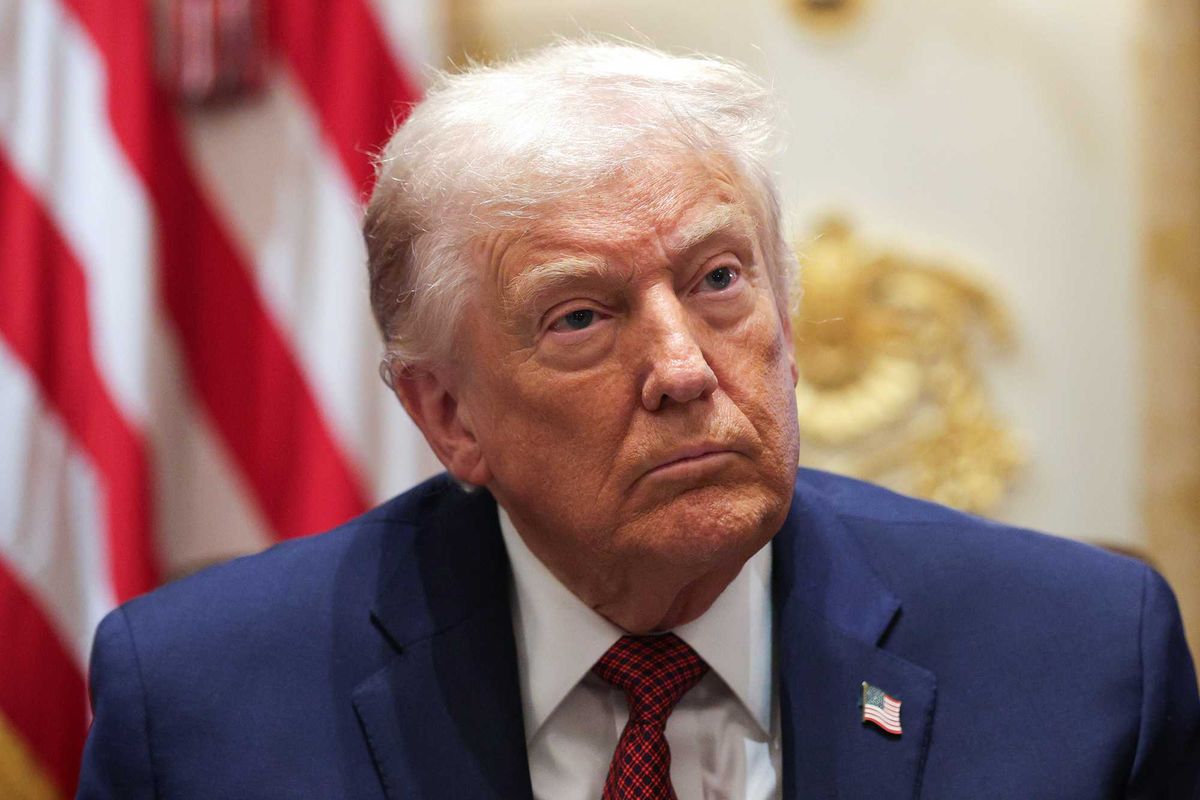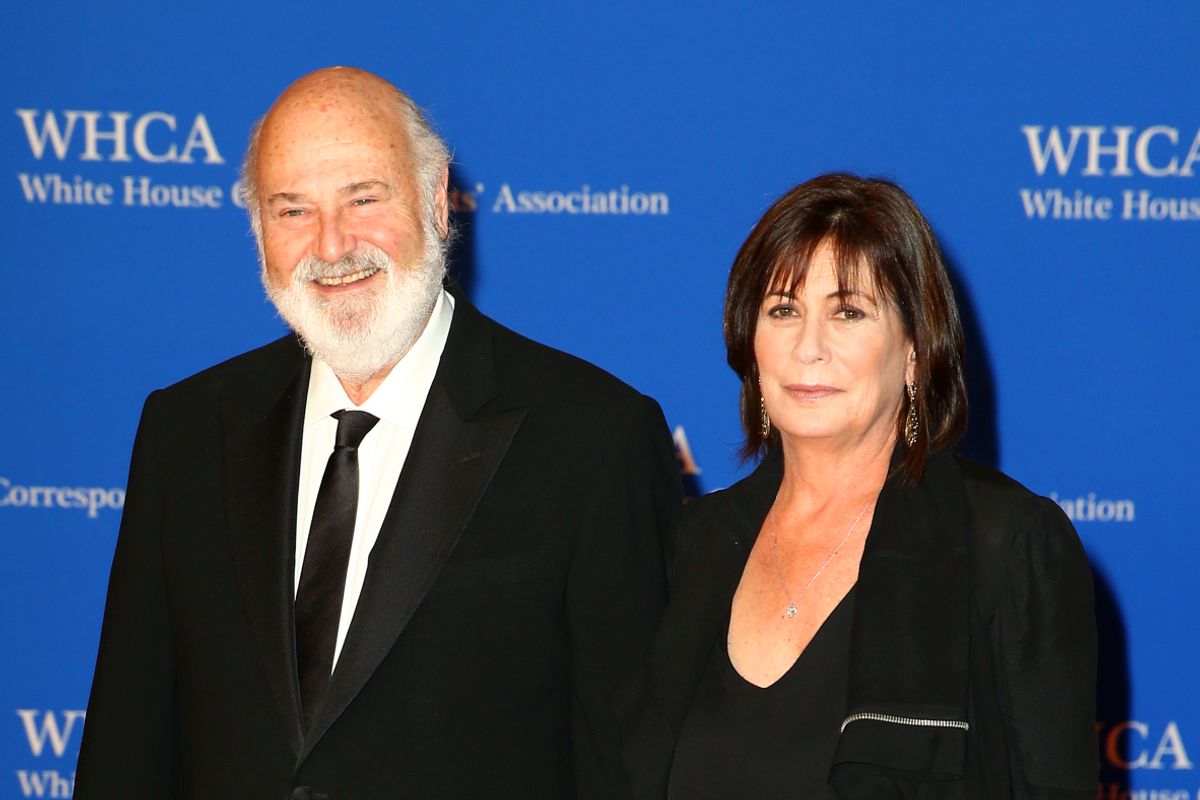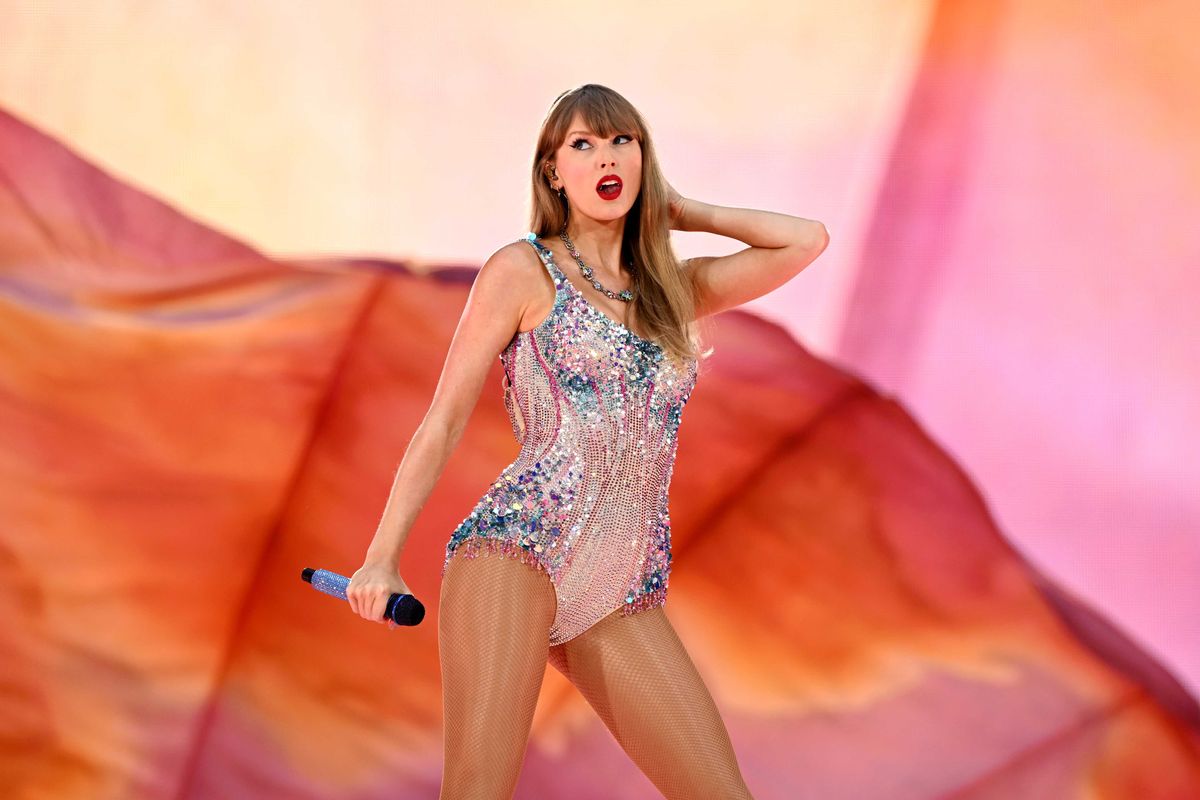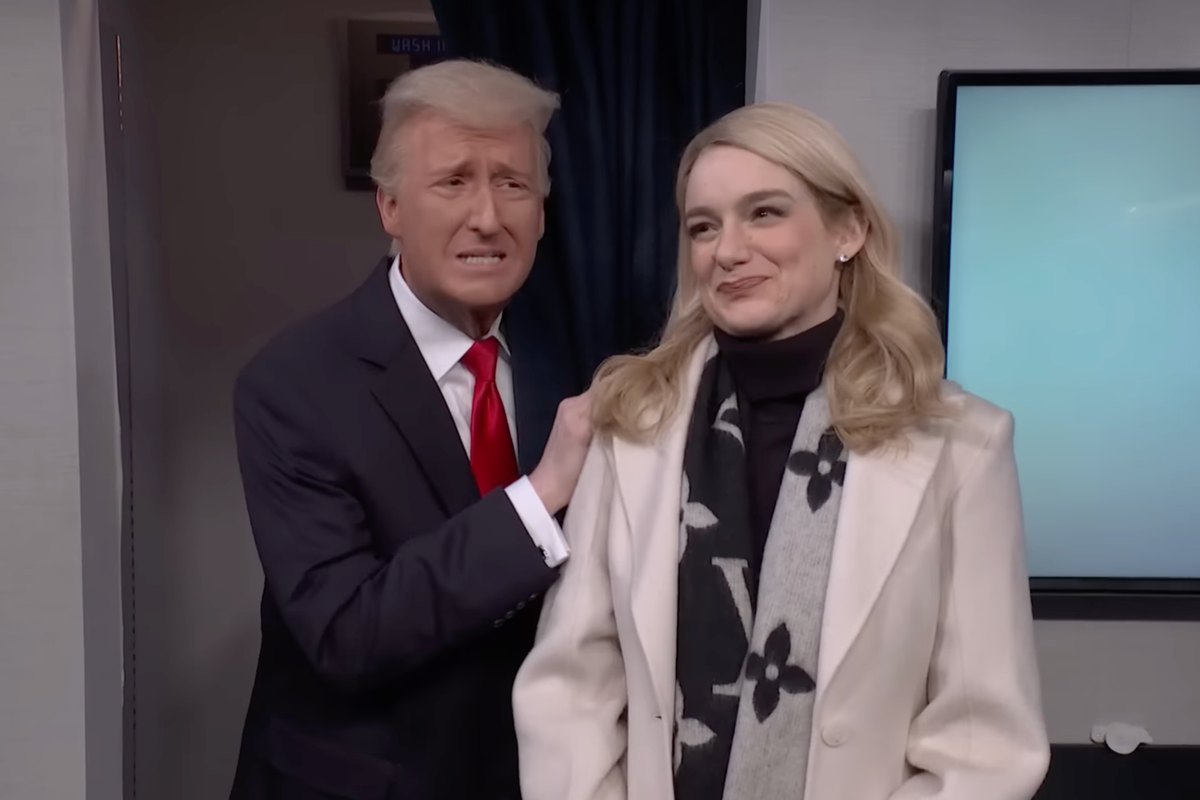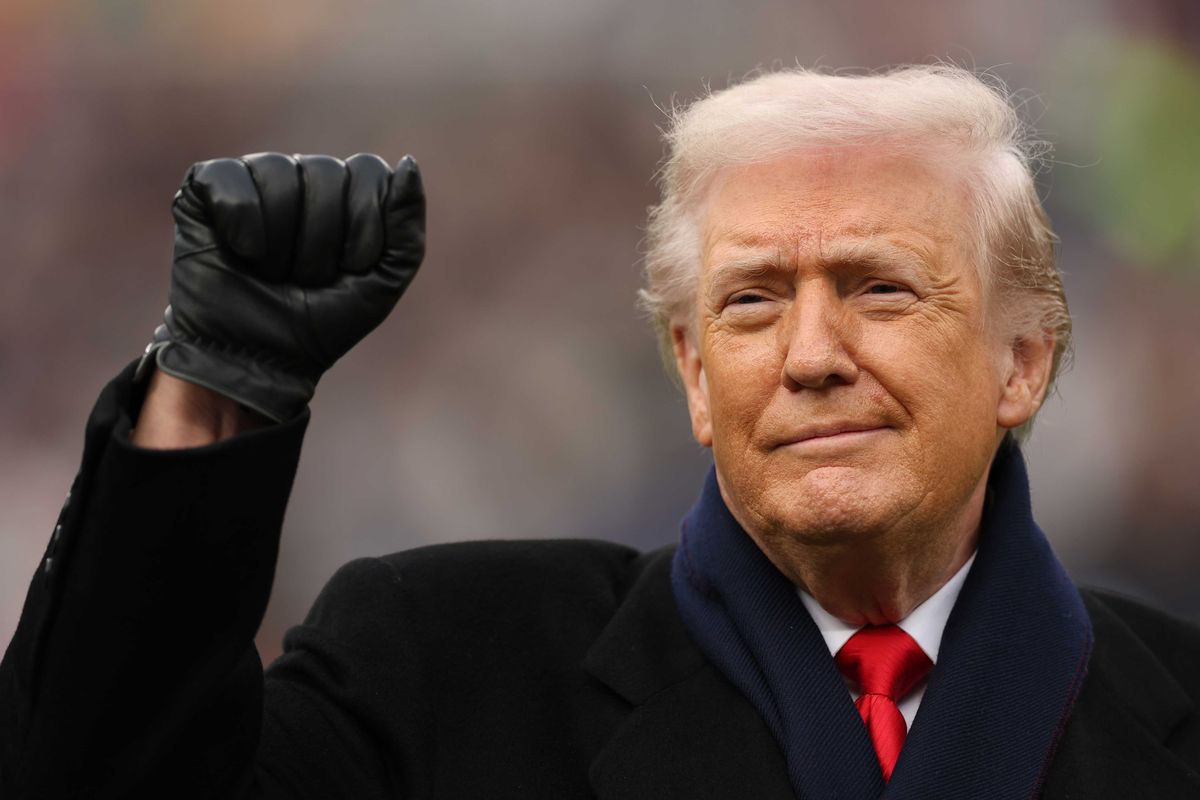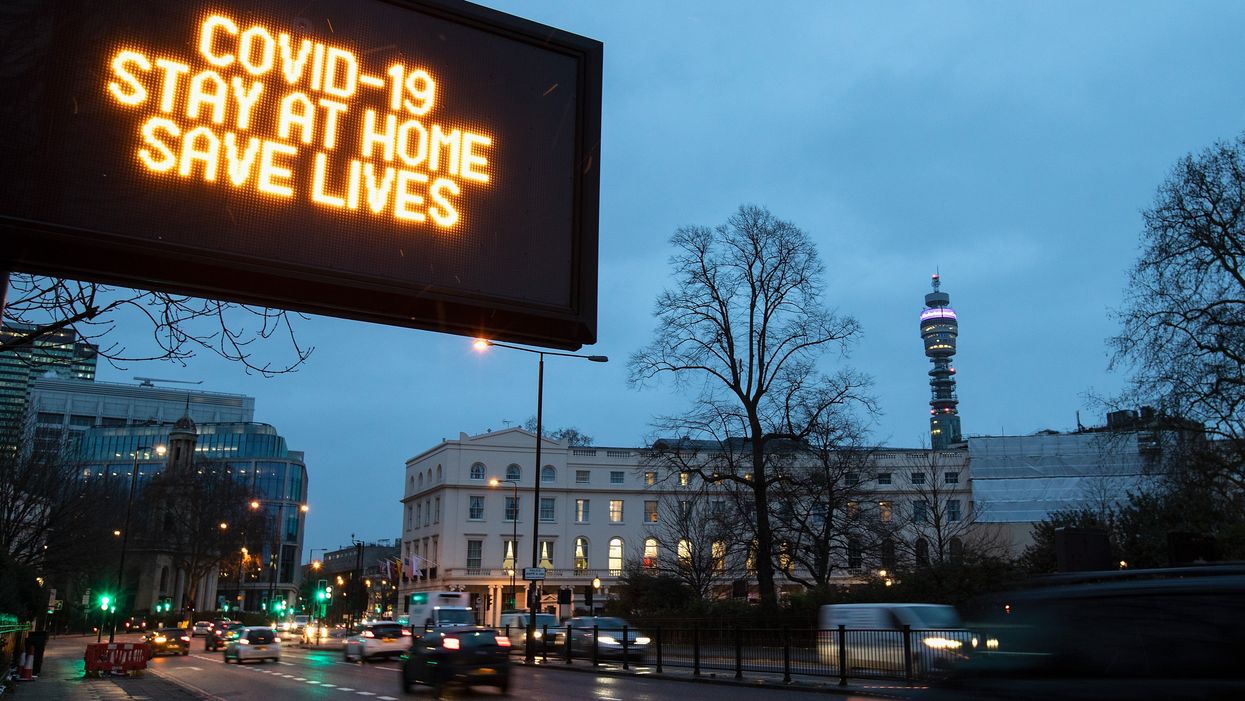
It’s almost been a year since the UK first went into lockdown on 23 March, and we’re living our lives very differently now
It’s almost been a year since the UK first went into lockdown on 23 March, and coronavirus was officially labelled a pandemic by the World Health Organisation.
In many ways life has changed beyond recognition, and although Boris Johnson has announced a roadmap to slowly but surely bring back some semblance of normality - that still feels a long way off.
Here are some of the most surreal things from the last year, which are actually now beginning to feel pretty normal.
Covid-deniers
The world feels more polarised than ever, and Covid-19 deniers are becoming more active in certain parts of the globe, despite their views being as out of step with reality as Flat Earthers.
Howard Catton, who is chief executive of the International Council of Nurses, told the Nursing Times : “By inciting disobedience to social distancing, lockdowns and other sensible public health measures brought in to protect us all, especially the most vulnerable in society, the deniers are creating a recipe for the further spread of the virus leading to more deaths.”
With the UK having tragically surpassed a death toll of more than 100,000 people, conspiracy theorists are still convinced the pandemic is a hoax.
In January, a maskless man was forcibly removed from a hospital by security guards, a viral video showed, after he tried to remove a Covid-19 patient from the ward.
The man asked staff whether Covid-19 was even “proven to exist”, repeated other baseless conspiracy theories, and even accused hospital staff of “lying” about his condition and leaving his family without information.
One thing is for sure though - Covid-deniers aren’t going anywhere.
Inflatable Bubbles
Back in October 2020, The Flaming Lips performed while encased in giant inflatable bubbles during a gig in Oklahoma City.
The set-up was part of an inventive new measure to facilitate live music while adhering to social distancing safety guidelines.
Likewise, this week students at Wenatchee High School in Washington had band practice, while inside green bubble tents to protect against coronavirus infection.
One person commented: “So admittedly this does look pretty funny, and maybe uncomfortable, but also props to them for improvising a safe way to continue playing music in ensembles.”
Whilst others felt it was an extreme measure, with someone adding: “They getting everyone ready to live on Mars”.
But if social distancing regulations stay in place, performing in plastic bubbles could become more commonplace.
Monkey gang warfare
For fairly obvious reasons, the pandemic has led to a decline in tourism around the globe.
Last year, just when it seemed like the world couldn’t resemble the opening scenes of an apocalyptic horror film any more, coronavirus sparked gang warfare between monkeys on the streets of Thailand.
Many of the monkeys rely on food from tourists, but these are desperate times and tourists are few and far between.
Because lots of people have isolated themselves and are working from home, there’s also very few cars on the streets, so the monkeys are more free than ever to roam the streets.
The extraordinary fighting scenes were captured on video when one monkey found a single banana and hundreds of others swarmed in.
Monkeys went on to cause even more mischief, when they reportedly attacked a laboratory technician and stole a batch of Covid-19 samples.
Airport queues
This month Heathrow Airport said people travelling to England from 33 high-risk countries may face suspended flights and long queues at the border, as new extra checks and quarantine for new arrivals were put in place.
In a statement, Heathrow airport said “queues at the border in recent days of almost five hours are totally unacceptable”.
It added: “Ministers need to ensure there is adequate resource and effective processes at the border to avoid compromising the safety of passengers and those working at the airport, which could necessitate the suspension of some arriving flights.”
We know that international travel leads to new variants being spread, such as the South Africa variant, so the government’s new border controls could see continued quarantine chaos, and the days of ease-free travel a distant memory.
But after all, they do say Brits love to queue...
Fashion is face masks
During the first few months of the pandemic, a woman who claimed that wearing a mask stopped her from “getting enough oxygen” in an emotional rant on Facebook Live, was ridiculed online.
We’ve all come along way - it’s now a given that even with the vaccine rollout, we still need to practice social distancing and masking to avoid spreading the virus for the foreseeable future.
In fact, face masks were the must-have accessory of 2020, as they can literally save your and other people’s lives.
From boutique to bespoke, home-made to surgical-grade, face masks are everywhere and wearing one every time you leave the house has become second nature most of the time.
Park life policing
Admittedly it’s more simplistic than surreal, but who could have foreseen that the local park would become the focal point of our much-reduced social interaction?!
It’s the only place to go, for your daily walk, for a socially-distanced walking date, or if you’re really lucky, to sit two metres apart on a bench.
Just make sure that it is genuinely your local park - during the first lockdown, fed-up police took matters into their own hands and posted drone footage on social media to shame hikers and dog walkers making “non-essential” trips to the Peak District.
Chief Political Correspondent at the Financial Times, Jim Pickard, branded it “the weirdest moment of covid-2020” and described the cops as “power-crazed”.
Others rightly commented that it was merely an incidence of white people discovering what police harassment feels like for the first time.
Regarding the most surreal pandemic moment, someone responded to Pickard’s tweet, saying: “A lot of contenders. The scotch egg debate. The driving to make sure your eyesight was good thing. The Boris Johnson press-ups photo. None of it tops Four Seasons Total Landscaping.”
Perhaps we’ll need a much longer list...
More: The Covid-19 vaccine rollout shows wealth means health in America. Biden must change this
